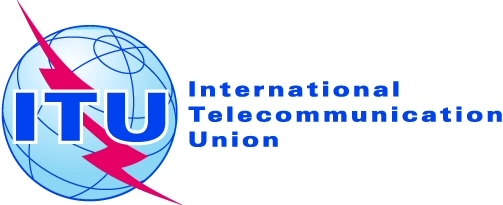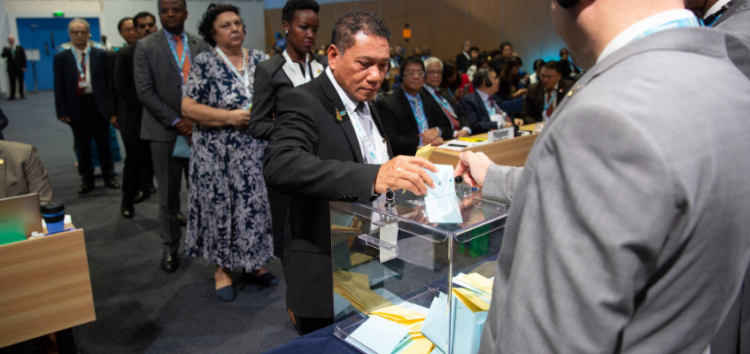Nigeria has secured its place in the International Telecommunication Union (ITU) Council, after been re-elected as a member of the global body for the next 4 years (2019-2023). Nigeria amassed 114 votes at the Union’s election held in the UAE.
ITU Council Member States elected for 2019-2023
A: The Americas ????????????????????????????????????????????????????????????????????????
B: Western Europe ????????????????????????????????????????????????????????????????
C: Eastern Europe & Northern Asia ????????????????????????????????????????
D: Africa ????????????????????????????????????????????????????????????????????????????????????????????????????????
E: Asia & Australasia ????????????????????????????????????????????????????????????????????????????????????????????????????????#Plenipot pic.twitter.com/JR9v2B9zgo— Int’l Telecommunication Union (@ITU) November 5, 2018
The elections were held during the ITU’s 20th Plenipotentiary Conference in Dubai, the United Arab Emirates. Nigeria and 12 other African countries emerged as Africa’s representatives at the union. The other African countries include: Algeria, Morocco, Rwanda, Egypt, South Africa and Ghana. Others are Cote d’Ivoire, Senegal, Uganda, Tunisia, Burkina Faso, Mali, Cameron, Tanzania, Togo, Sudan and Mauritania.
Why is This Important for Nigeria?
Being a member of this specialized union comes with a lot of perks in the global telecommunications space. It brings hundreds of governments and representatives from competing companies together to share their wealth of experience with each other and forge creative ideas. So for the next 4 years, Nigeria would have access to this wide range of international network to help standardize its telecoms industry.
13 African Countries (i.e.Kenya, Algeria, Morocco, Rwanda, Egypt, South Africa, Ghana, Cote d'Ivoire, Senegal, Uganda, Nigeria, Tunisia, Burkina Faso, Mali, Cameron, Tanzania, Togo, Sudan and Mauritania) elected to the Int'l Telecom. Union's Council- https://t.co/By6hQiIAPD
— Faustin Ntezilyayo (@FNtezilyayo) November 6, 2018
The union which is also responsible for the development of telecommunications worldwide, would also help Nigeria establish partnerships with other private stakeholders. This is very important if Nigeria is to achieve its ubiquitous Broadband deployment plan.
Other elections at the Conference…
Asides the election of member states, elections were also carried out for the organization’s management posts. Here are some key positions elected:
- Mr Houlin Zhao of China was re-elected to the post of ITU Secretary-General with 176 votes
- Mr Malcolm Johnson of the United Kingdom was re-elected to the post of ITU Deputy Secretary-General with 113 votes.
- Dr Chaesub Lee of Republic of Korea was re-elected to the post of Director of ITU’s Telecommunication Standardization Bureau (TSB) with 174 votes.
- Mr Mario Maniewicz of Uruguay was elected to the post of Director of ITU’s Radiocommunication Bureau (BR) with 108 votes.
- Ms Doreen Bogdan-Martin of the United States was elected to the post of Director of ITU’s Telecommunication Development Bureau (BDT) with 95 votes.
About ITU

Founded in 1865, the International Telecommunication Union (ITU), is a specialized agency of the United Nations (UN) that is responsible for issues that concern information and communication technologies. The Union holds it’s Plenipotentiary conference, a top policy-making body of the ITU, every four years. The conference sets the union’s general policies. It adopts a four-year strategic and financial plan and elects the senior management team of the organisation, the members of council and the members of the Radio Regulation Board (RRB).
